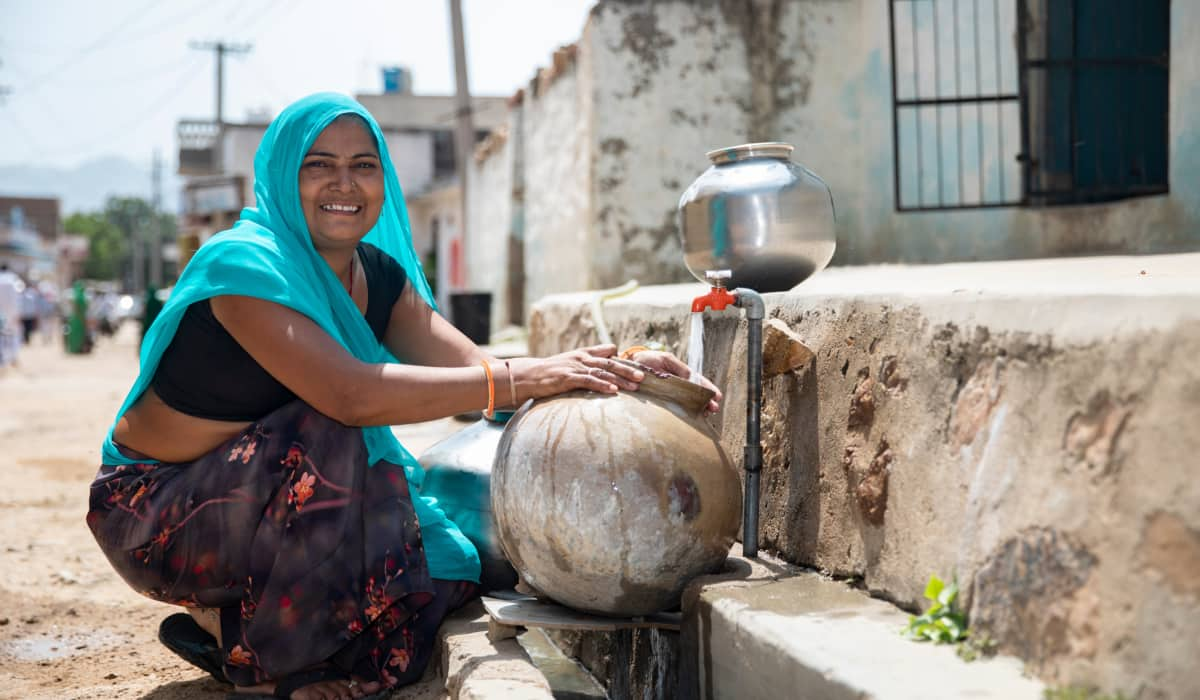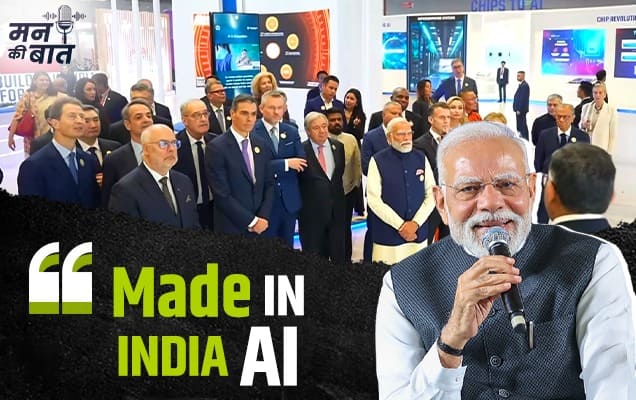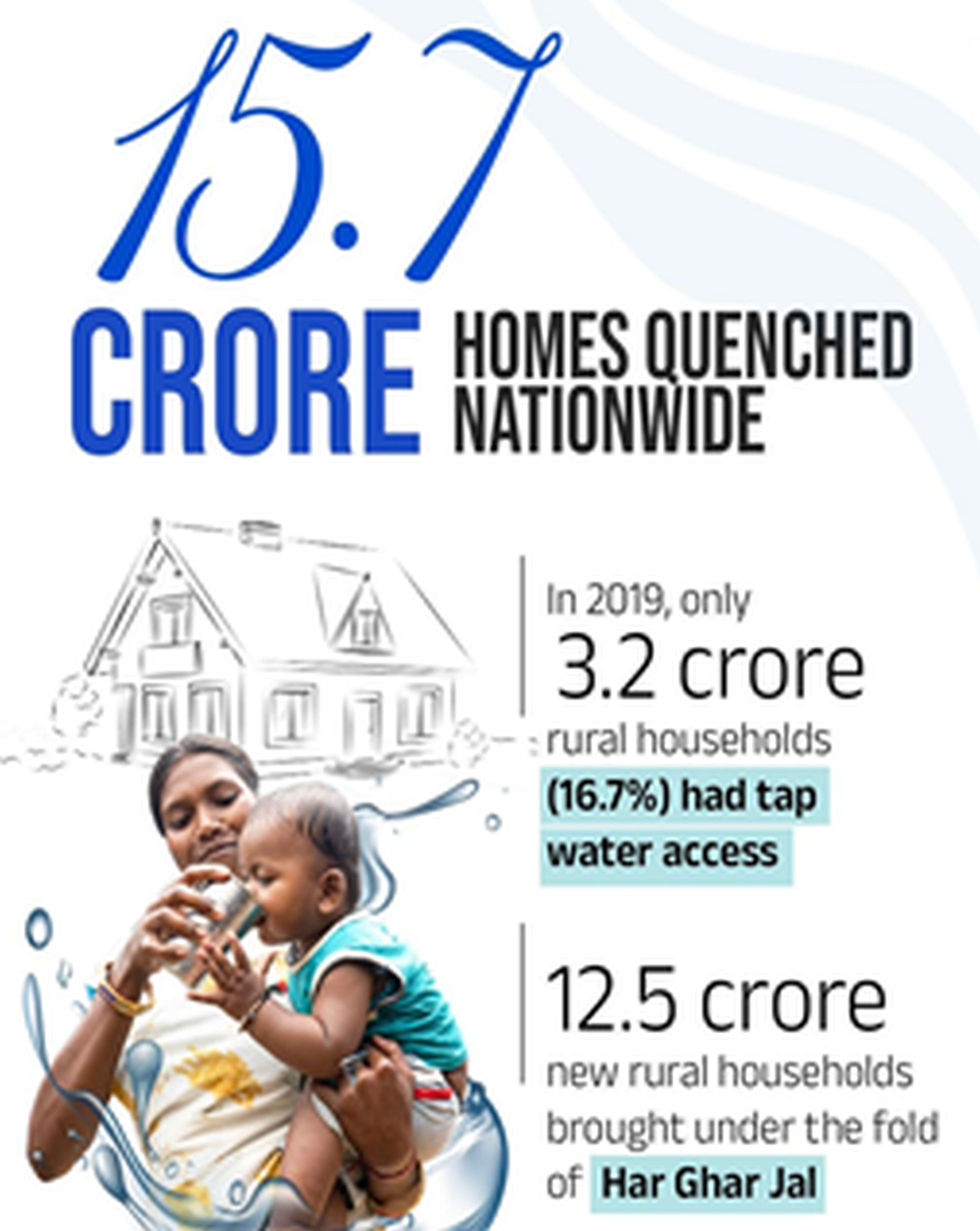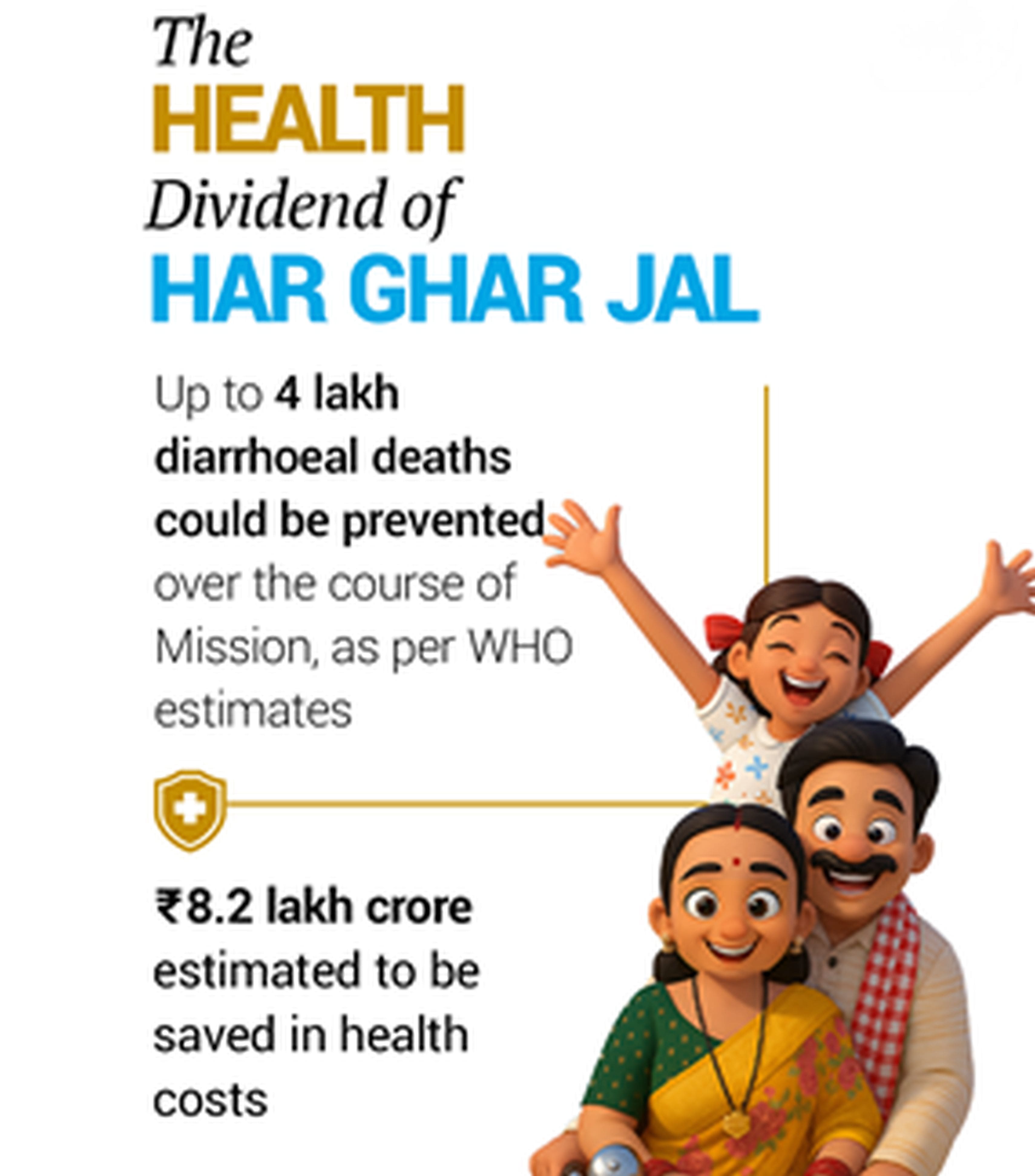“Delhi has the good fortune to get an opportunity of keeping the flag of nations' prestige flying high.”
- PM Narendra Modi as Delhi prepared to host the G20 Summit
The last ten years of Prime Minister Narendra Modi’s government have set in motion the creation of a New India—from rural to urban, from water to electricity, from houses to health, from education to employment, from castes to classes—a comprehensive plan bringing growth and prosperity to each doorstep.
The National Capital Territory of Delhi has emerged as a pivotal part of this dynamic developmental momentum spearheaded by PM Modi throughout this transformative decade.
The city has been at the heart of the infrastructural shift that has given a dedicated facelift to the entire nation. Today infrastructural marvels like Atal Setu, Chenab Bridge, Statue of Unity, and Zojila Tunnel dot India’s ever-evolving landscape.
With its focus on revamping transportation networks, upgrading urban amenities, and expanding digital infrastructure, the Modi government has launched an array of transformative initiatives. From railways, highways to airports, these initiatives have been key in galvanising inclusive and sustainable development across the length and breadth of the country.
The impressive expansion of the metro rail network has revolutionised urban commuting in India. From a mere 5 cities in 2014, the metro rail network now serves 21 cities across the nation—expanding from 248 km in 2014 to 945 km by 2024, with 919 km of lines under construction in 26 additional cities.
The Union Cabinet has recently approved two new corridors of Delhi Metro Phase-IV—Lajpat Nagar to Saket G-Block and Inderlok to Indraprastha. Both the lines have a combined length of over 20 kms with a project cost of over Rs. 8,000 crore (funding being sourced from the Union Govt, Govt of Delhi, and international agencies). The Inderlok- Indraprastha line will play a significant role in enhancing connectivity to the Bahadurgarh region of Haryana. Additionally, India’s first Namo Bharat train, operating on the Delhi-Meerut Regional Rapid Transit System (RRTS) corridor further underlines the Modi government’s commitment to enhancing regional connectivity and upgrading its transportation infrastructure.
Further, the Bharatmala Pariyojana envisages improved logistics efficiency and connectivity via the development of nearly 35,000 km of National Highway corridors. 25 greenfield high-speed corridors have been planned under the plan out of which four intersect with Delhi’s growing infra capacity: Delhi-Mumbai Expressway, Delhi-Amritsar-Katra Expressway, Delhi-Saharanpur-Dehradun Expressway, and the Urban Extension Road-II. The total project length sanctioned for Delhi is 203 km with an allocation of over Rs. 18,000 crore.
Over the past decade, the Modi government has consistently dedicated efforts towards augmenting capacity and decongestion of airports. After the IGI Airport Delhi became the first airport in the country to have four runways and an elevated taxiway, the expanded state-of-the-art Terminal 1 has also been inaugurated recently. In addition, the upcoming Noida International Airport (Jewar) shall further contribute to decongestion of the Delhi airport which is serving millions of passengers annually.
Besides, the inauguration of the New Parliament has further added civilisational yet modern connotations to the city’s landscape. Inauguration of the Yashobhoomi (India International Convention & Expo Centre) has given Delhi India’s largest convention and exhibition centre, offering a mixed purpose tourism experience. Along with Yashobhoomi, the Bharat Mandapam, a world-class convention and exhibition centre, showcases India to the world.
In terms of welfare, the Modi government has launched several schemes benefitting people hitherto on the margins of growth and development. Women’s safety in Delhi has been a key concern. To address the same, the Modi government strengthened the Criminal Law (Amendment) Act, 2013 by increasing the quantum of punishment for rape, including capital punishment for rape of a girlchild below the age of 12.
The Union Home Ministry established a separate Women Safety Division back in 2018. One-stop centers, Sakhi Niwas, Safe City Project, Nirbhaya Fund, SHe-Box, Investigation Tracking System for Sexual Offences, and Cri-MAC (Crime Multi-Agency Center) among others are significant additions in the government’s campaign towards women safety.
In addition, Swachh Bharat Mission, PM Ujjwala Yojana, PM Matru Vandana Yojana, and Beti Bachao Beti Padhao have further led to the empowerment of Nari Shakti in India.
As India becomes the 3rd largest startup ecosystem in the world, Delhi is also contributing significantly towards this development. Today over 13,000 DPIIT-recognised startups are functioning in Delhi even as the government is promoting self-employment through PM MUDRA Yojana with over 2.3 lakh loans sanctioned worth over Rs. 3,000 crore for FY2023-24 (as on 26.01.2024).
PM SVANidhi, which provides collateral free loans to street vendors, is supporting over 1.67 lakh beneficiaries in Delhi. Further, under the Aatmanirbhar Bharat Rozgar Yojana, launched in 2020 to incentivise employers for creation of new employment and restoration of loss of employment during Covid-19 pandemic, over 2.2 lakh employees benefitted in Delhi.
Further, nearly 30,000 houses have been sanctioned and completed in Delhi under PM Awas Yojana (Urban).
Air pollution has been a recurring problem for the people of Delhi. Conscious of this reality, the central government has launched the National Clean Air Programme as a national level strategy to reduce air pollution level across the country.
The Modi government's tenure over the last decade has brought about a remarkable transformation in Delhi across various fronts. From infrastructure development to governance reforms, from education to employment, the government's initiatives have left an indelible mark on the capital city. As Delhi continues on its journey of progress and development, the contributions of the Modi government are set to shape its future trajectory for years to come.















